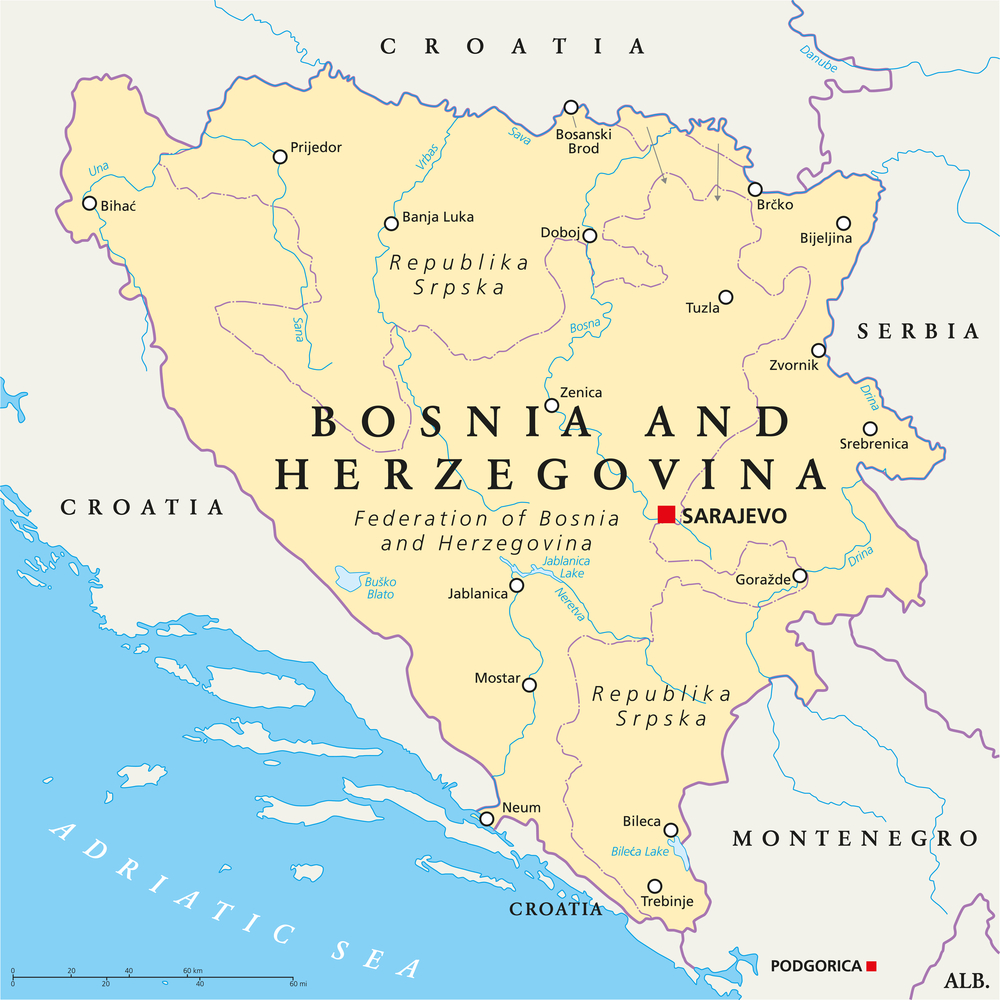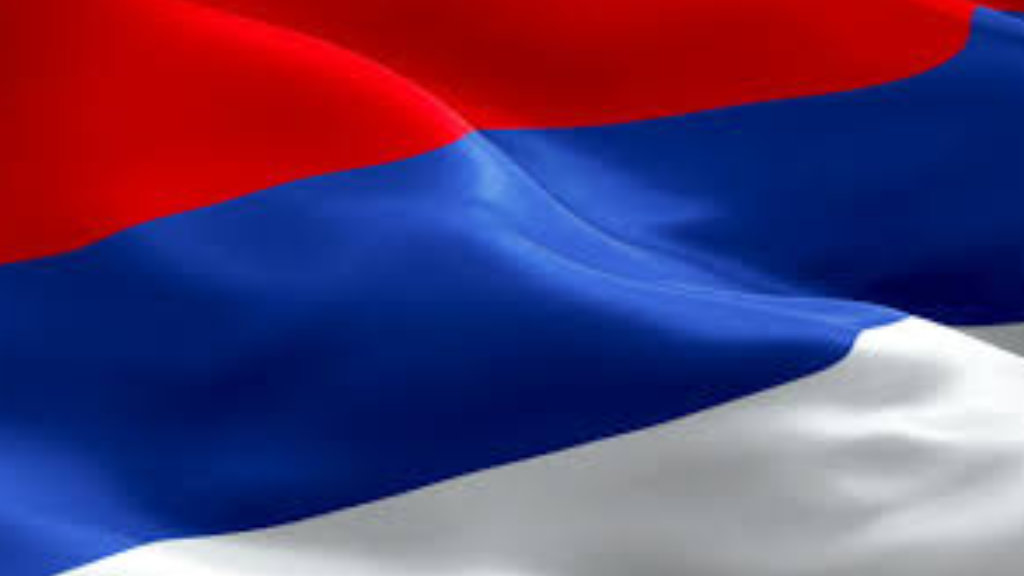A little commented on issue in Western Europe is the significant possibility that Republika Srpska, currently part of Bosnia & Herzegovina (BiH), may shortly declare independence. Part of the former Yugoslavia, Republika Srpska is one of the two entities of Bosnia and Herzegovina, the other being the Federation of Bosnia and Herzegovina. It is located in the north and east of the country. Its largest city and administrative centre is Banja Luka, lying on the Vrbas river, and has a population of about 1.2 million people.
Bosnia and Herzegovina is a complex entity that consists of two main parts, the Croatian-Muslim based Bosnia and Herzegovina and the Catholic Republika Srpska, which is far closer in ethnicity to Serbia. In addition, while the BiH uses the Roman language, Republika Srpska uses the Cyrillic alphabet. Each entity already has its own constitution, legislative, executive and judicial authorities.
BiH also leans politically more towards the European Union, although Brussels appears not especially keen to absorb a Muslim member state. Republika Srpska meanwhile is pro-Moscow. The complete BiH is currently governed from Sarajevo, which is part of the BiH territory. Consequently, Republika Srpska feels that the decision-making process is not always representative of their wishes.

These potential divisions are one of the reasons why the Republika Srpska President Milorad Dodik visited St.Petersburg last week, where he met with Russian President Vladimir Putin.
Secession
Republika Srpska intends to issue a draft agreement on the peaceful separation of Bosnia and Herzegovina by June 30, introducing a subsequently reduced Bosnia & Herzegovina and Republika Srpska as an independent state, and creating a new European country, although this is expected to be rejected. However, Dodik has stated that the process must be peaceful.
Dodik said “We are talking about an absolutely real answer, caused by the circumstances that are taking shape now. They absolutely do not comply with either the BiH law, the constitution, or the Dayton Peace Agreement and therefore secession is the only answer to current threats and existing challenges. It will create completely new conditions of existence and a new reality. So, this is the real way out. But let’s see if the other side agrees. They will probably say no, but in any case, the development of the situation will be clearly in favor of this initiative, we will prepare it and conclude it in the form of a document that will be put on the table.
For 15 years, the Bosnian side has been causing great harm to Republika Srpska and hindering its development. Today we just see that if we were able to implement this project earlier, maintain the price of gas, then we would be one of the most promising regions in terms of investment. In this sense, Sarajevo really destroyed this prospect and caused us enormous material harm, and this is one of the reasons why I am talking about secession.”
The European Union has opened negotiations with Bosnia & Herzegovina over joining the EU, while Sarajevo has banned the importation of Russian gas into the entire region following pressure from Brussels. Banking services connected with Russia have also been sanctioned.
Dodik meanwhile has turned to Russia for support and is providing some incentives. He said that Republika Srpska is interested in adopting the Russian MIR payment system and wants to accelerate the construction of an additional gas pipeline from Serbia in order to purchase more Russian gas without having to listen to Sarajevo. He also wants to modernize the regional railway infrastructure through cooperation with Russia and wants Moscow to support a peaceful Republika Srpska withdrawal from Bosnia and Herzegovina. He noted that Banja Luka, which would become the new capital city, counts on Russia’s support in this matter.
Trade & Investment With Russia
Dodik also noted the current pressure the European Union is placing on Sarajevo to seize Russian assets, stating that most of these are actually in Republika Srpska. He stated that “On the territory of Republika Srpska there are almost 90% of all BiH Russian assets, and only a small part in the rest of the BiH. Republika Srpska definitely does not plan to freeze Russian assets and will never support such an initiative. This is completely inconsistent with how we see the development of our relations with the Russian Federation.”
In terms of interacting with President Putin, Dodik stated that “Yes, no doubt, we support each other. Our peoples and both our countries states have exactly the same understanding of everything that has happened. We see imperialist manners from outside, and we see how the identity of the Russian and Serbian peoples is threatened. And our mutual understanding creates the basis for mutual support. In my opinion, the Republika Srpska and Russia are currently very intensively interacting. We assist each other in economics, investment, as well as at the spiritual level. So, yes, together we are going in the same direction.”
Clearly, there is alarming potential for violence erupting across Bosnia & Herzegovina should Republika Srpska declare independence as it has stated it intends to do – in the form of releasing a road map by the month end. That in itself is not an immediate succession, but it has the power to inflame tensions. Neither Brussels nor Moscow would especially welcome a descent into what would be a de facto BiH civil war. However, it would introduce high-level diplomatic negotiations to work out a solution. That may have unexpected spin offs – getting European Union and Russian negotiators to work together to solve the Bosnia & Herzegovina/Republika Srpska differences could well act as a catalyst to build some trust and commonalities that may be put to later use when it comes to negotiations concerning the future of Ukraine.

 Русский
Русский













